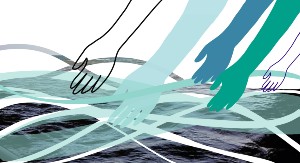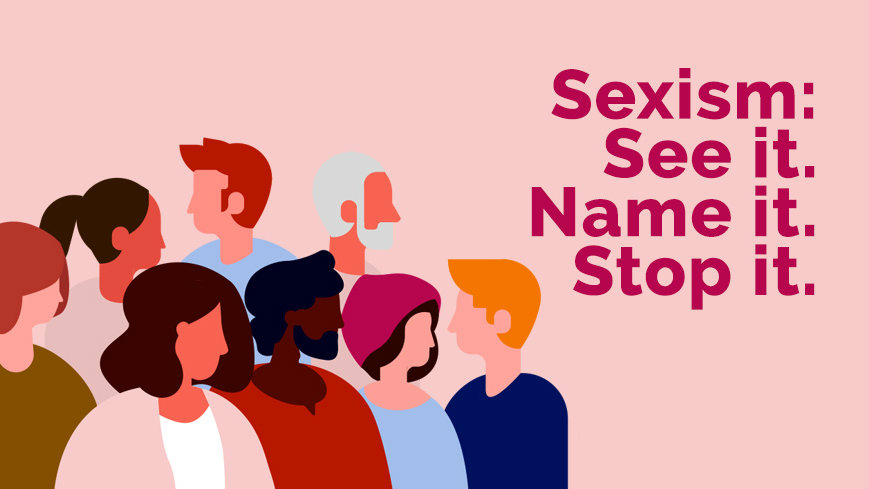On 8 November 2022, the Council of Europe held a seminar on the digital dimension of violence against women.
This event, which was moderated by La Strada Moldova, gathered key stakeholders including national authorities, civil society, and the private sector to identify steps to target online violence against women and violence against women that is facilitated by information technologies.
In his opening remarks, William Massolin, Head of the Council of Europe Office in Chisinau, highlighted that “the rapid evolution of technology enabled violence against women on a scale previously unknown”, stating that “we need to adapt and offer comprehensive and adequate tools to fight both digital as well as real world violence against women”. This was further emphasised by Corina Ajder, State Secretary in the Ministry of Labour and Social Protection, affirming the need for more evolved mechanisms to respond to these new forms of violence against women.
Josephine Ballon of the NGO HateAid emphasised that 27,5% of women in Europe between 18-35 years have been victims of digital violence, whilst Eleonora Esposito of the European Institute for Gender Equality (EIGE) stressed the gendered and intersectional prevalence and impact of cyberviolence against women.
The event was an opportunity to present the Council of Europe’s Group of Experts on Action against Violence against Women and Domestic Violence’s (GREVIO) first recommendation on the digital dimension of violence against women. Daniela Misail-Nichitin, State Secretary in the Ministry of Internal Affairs, emphasised the pertinence of this recommendation, reminding the participants that women are dying because of such violence and that regrettably this violence “acquired a new dimension that is more complex both at reporting as well as at prevention level, calling for complex measures and actions”.
GREVIO member, Aleid van der Brink, shared actions to be taken based on the four pillars of the Istanbul Convention (prevention, protection, prosecution and coordinated policies) and said she was hopeful that GREVIO’s recommendation would provide impetus to act in the Republic of Moldova. Elif Sariaydin from the Secretariat of the Istanbul Convention monitoring mechanism of the Council of Europe presented good and promising practices identified in GREVIO’s evaluation reports.
Following the expert panel, which included a focus on the role of the private sector in preventing and combating violence against women online with the participation of Amy McArdle, Safety Policy Manager EMEA at Meta, the participants were divided into working groups to identify current gaps and challenges and establish ways forward.
This seminar will serve as an entry point to advance in this area, based on the results of the working group discussions and recommendations.
The event was organised under the project "Supporting the implementation of the Istanbul Convention in the Republic of Moldova", in partnership with the Ministry of Labour and Social Protection of the Republic of Moldova, and in the framework of the Council of Europe Action Plan for the Republic of Moldova 2021-2024.









